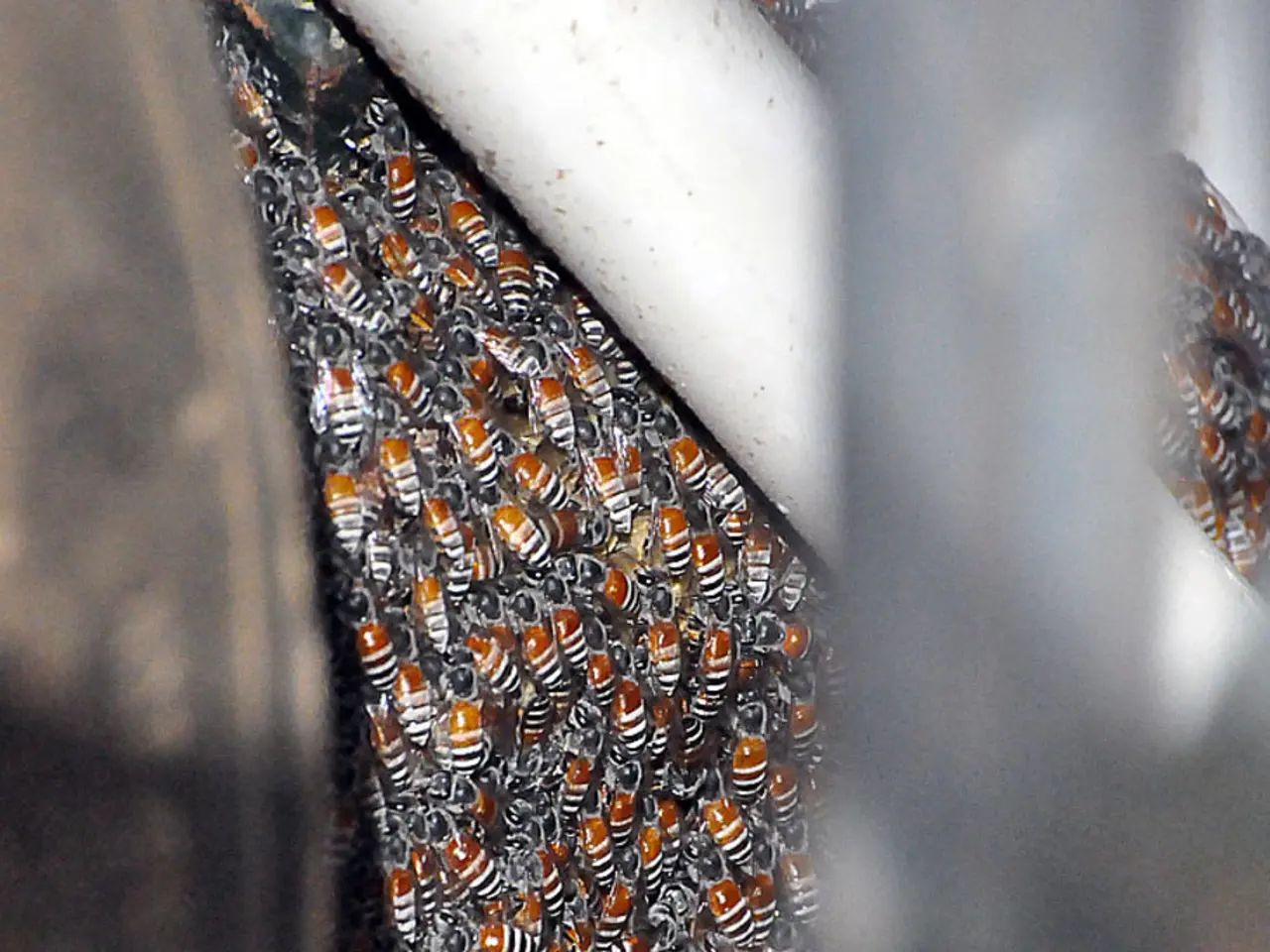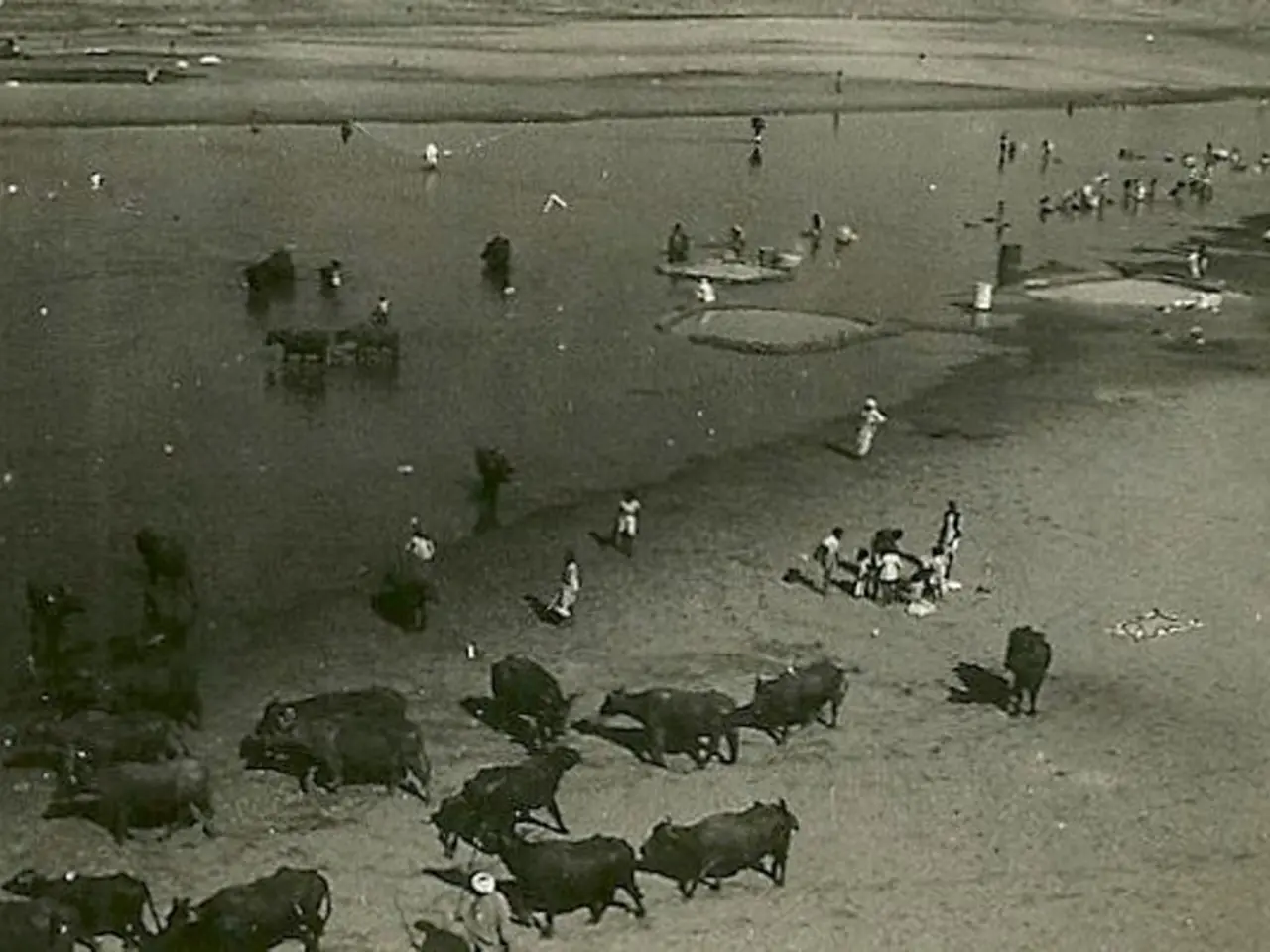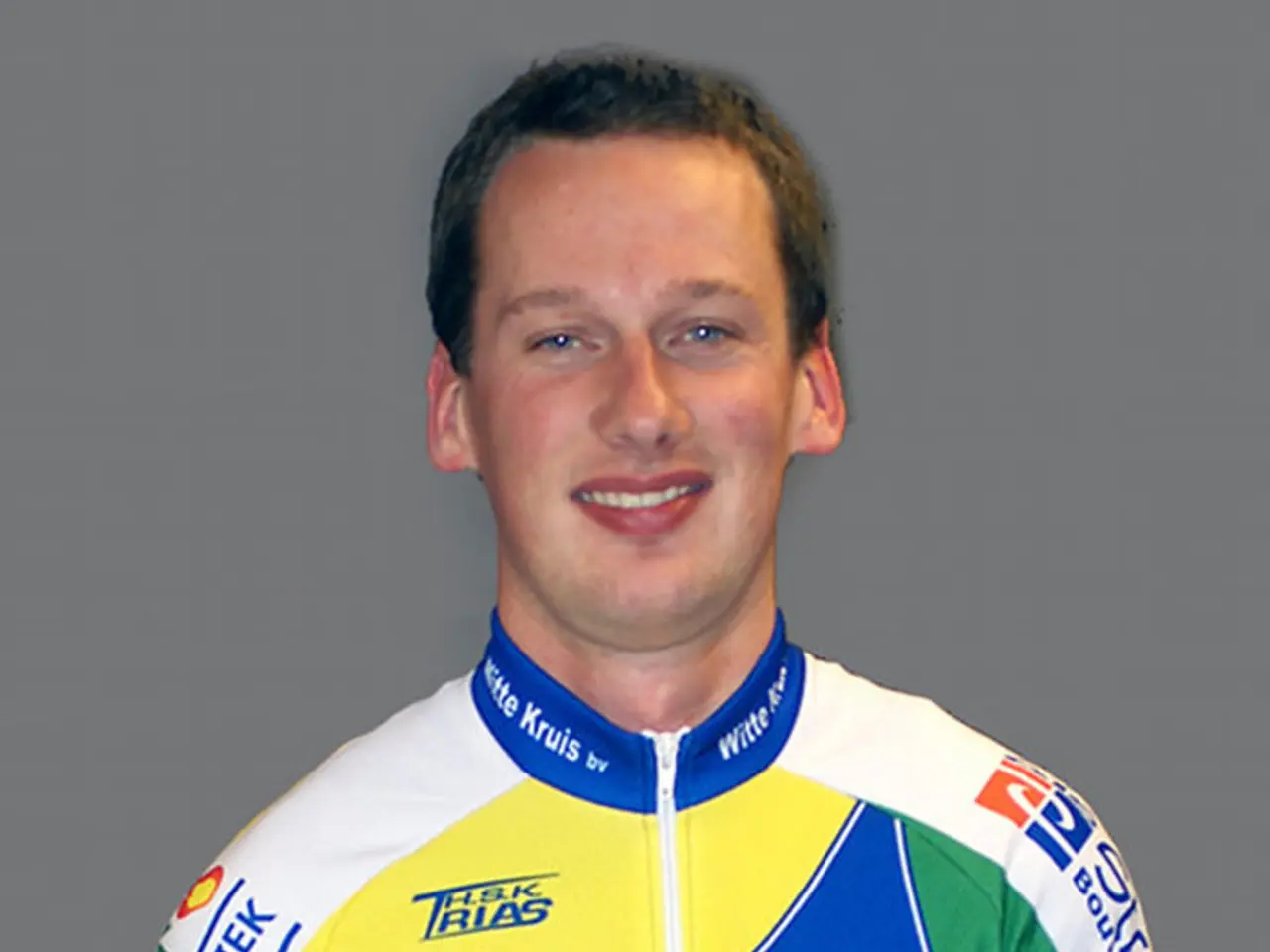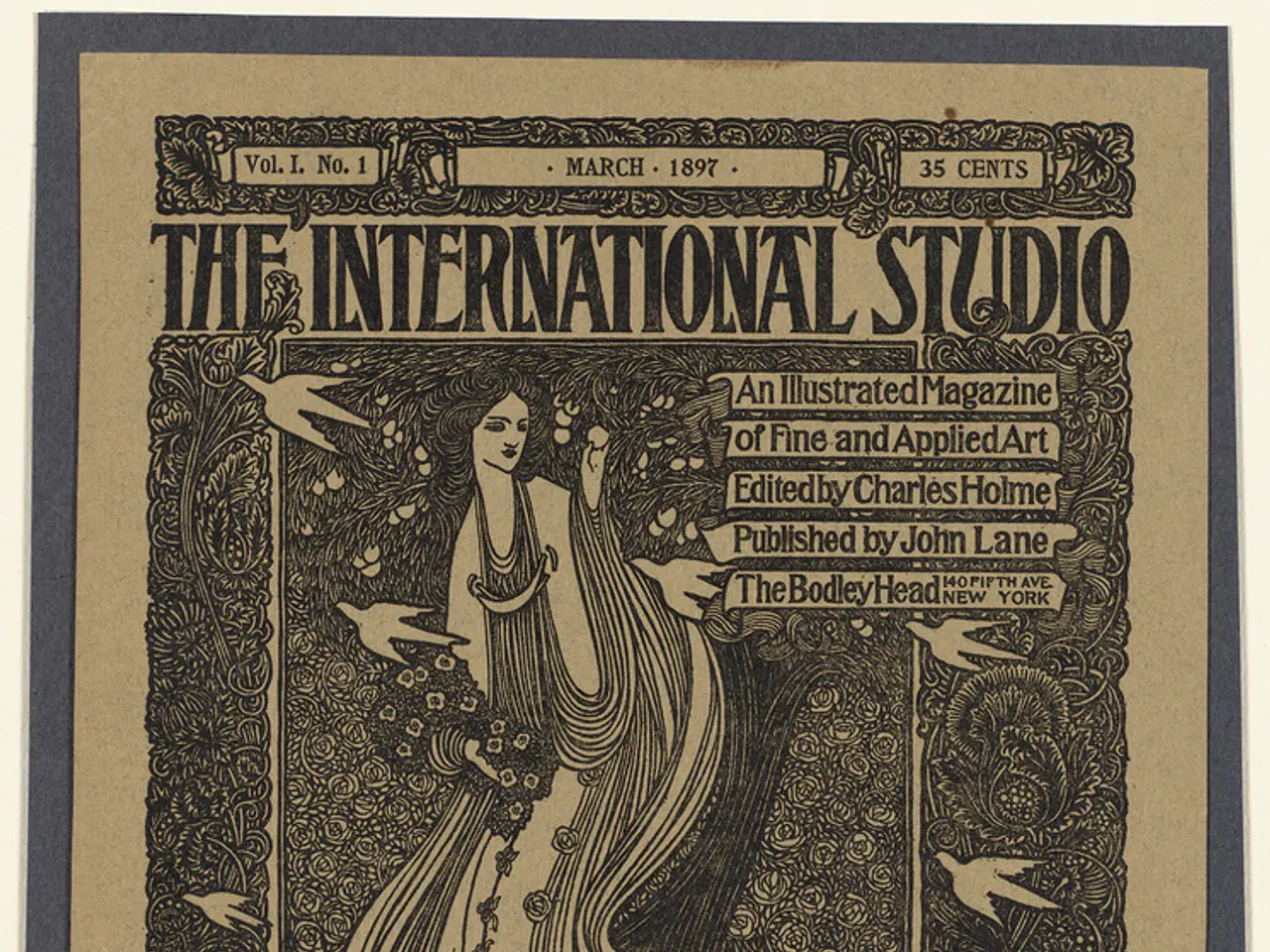Interaction between the website and the Agriculture and Food Commissioner candidate, Christophe Hansen, preceded the hearing, evident during the session itself!
In a formal letter sent on October 4, 2024, Mr. Christophe Hansen, the candidate for EU Commissioner for Agriculture and Food, acknowledged receipt of a letter expressing concerns about honey adulteration in the European Union. The letter, signed by Boštjan Noč, President of the European Beekeeping Association, highlighted issues affecting both consumers and honest beekeepers in the EU.
Mr. Hansen, in his response, emphasized the need for increased control against counterfeit honey due to concerns about misleading consumers. He also mentioned the importance of bees for pollination and expressed his commitment to addressing the issues mentioned in the letter.
While the search results do not provide direct or specific information on Mr. Hansen's plans to combat counterfeit honey in the European Union, his broader role involves protecting sensitive agricultural products like honey through trade negotiations and standards enforcement. Notably, he has been involved in trade negotiations that include agricultural products such as honey, notably in the EU-Ukraine trade deal where honey is considered one of the sensitive products with controlled quota increases to protect EU farmers.
Typical EU approaches in addressing counterfeit honey include strengthening food authenticity controls and traceability systems, enhancing regulatory frameworks and inspections, supporting labelling and certification schemes, and collaborating with member states and stakeholders to improve market surveillance. Mr. Hansen's commitment to beekeeping and honey production, which is high on his political and professional agenda, suggests that he may adopt these strategies to combat counterfeit honey.
During a hearing on November 4, 2024, Mr. Hansen was questioned about labeling honey. He expressed his commitment to improvement in this area, although no specific plans were detailed. The European Commission, under the past mandate, amended the Honey Directive to require the labeling of honey by country of origin.
A website address, , was included in the letter sent to Mr. Hansen, but it was not mentioned in the response. The change in the opinion of the ENVI committee on the EU budget emphasizes the key role of pollinators, further underscoring the importance of addressing issues related to beekeeping and honey production.
As Mr. Hansen prepares to take office, he has suggested having a meeting shortly after the next Commission's mandate begins to discuss these issues in more detail. The public eagerly awaits his official plans and strategies to combat counterfeit honey and ensure the authenticity and quality of honey in the European Union.
Mr. Hansen's response indicated a focus on policy-and-legislation regarding counterfeit honey, demonstrating his involvement in politics. He plans to strengthen control against counterfeit honey and may adopt strategies similar to typical EU approaches, such as enhancing regulatory frameworks, inspections, and market surveillance. The general news surrounding his nomination and upcoming tenure highlights the anticipation for his official plans and strategies in this area.








